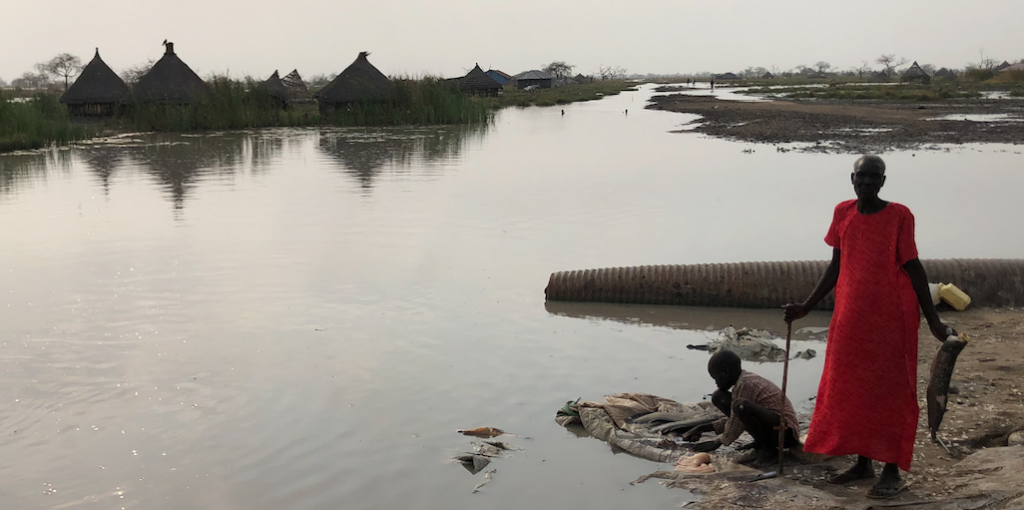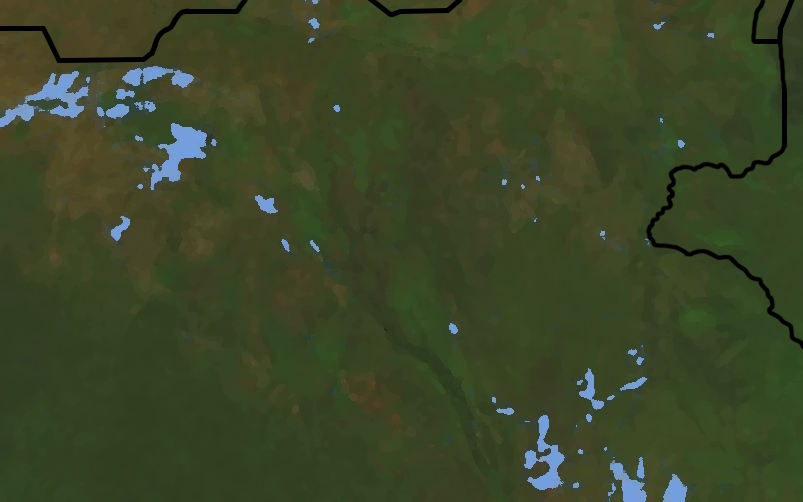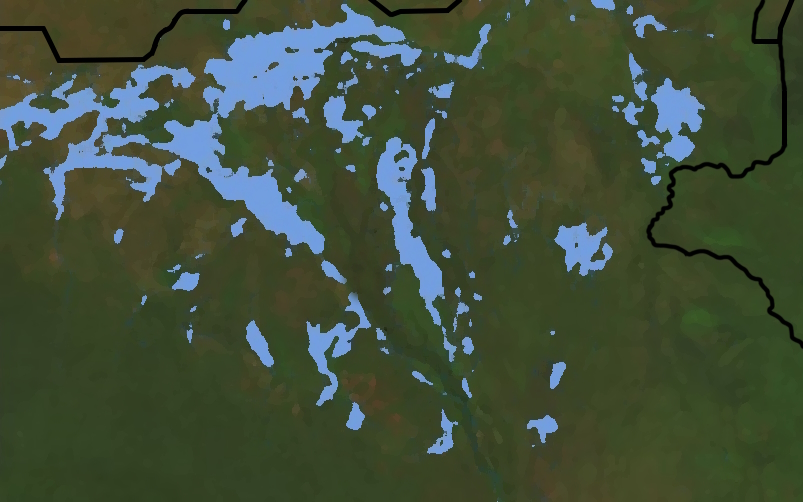
South Sudan | A report from our Director of Programs, Jason Carkner
South Sudan is enduring a complex humanitarian crisis.
My recent trip there back in March was my first visit to the country. I was already very familiar with the issues faced by the South Sudanese people through my work with CLWR, but what I saw there, with my own eyes, still hit very hard.
The massive flooding across the Upper Nile Basin has caused the displacement of hundreds of thousands of people, many of whom are now living on narrow congested islands created by the flood water. Watching people trying to catch fish on land they had once farmed was a real shock.
This impact upon agriculture is particularly concerning given that more than half of the population is already facing food insecurity following the effects of the pandemic, desert locusts and high inflation.
Women and girls are among the worst affected by this food crisis. Discrimination and gender-based violence have excluded many from income-generating activities and decision-making, and has left them with limited access to resources. It was heart-breaking to see the effect that this has had on young women.
The overall picture is one of severe humanitarian needs being magnified by various disasters. As I visited communities, it was clear to me that these are very vulnerable people in need of life-saving food assistance. The next seven months will be critical.


Increase in flooding in north-east South Sudan over last four years.
Upon my return to Canada, CLWR and its partners in South Sudan worked to identify two ways in which the CLWR family — supporters like you, across Canada — can help those in need:
- Food assistance – Due to the severe food insecurity, we need to address food needs to save the lives of hunger-affected households. With your help, households will be able to obtain what they need, including local foods such as dry fish, vegetables, and fresh milk.
- Fishing kits – Where farmland is occupied by floods, our support will help to provide fishing kits, which include one piece of ready-made fishing net, four rolls of fishing twine, and eight packets of fishing hooks.
Around 70% of the beneficiaries of these provisions will be female-headed households. The opportunity given to women will enhance their decision-making, which in turn will help many people who are suffering through this food crisis. Having spoken with many women there, I know just how much your support would mean to them.
Farmers may have had lost land, and women and girls may have lost their protections, but it was very clear to me that no one is losing hope. This, for me, was the most inspiring part of my visit to South Sudan — and I hope that it inspires you, too.
Together, with your help, we can show the people of South Sudan that their faith is well-founded.
A report from our Director of Programs
Thank you for all the great work that you do in helping vulnerable people throughout the world.
Jason Carkner
Director of Programs